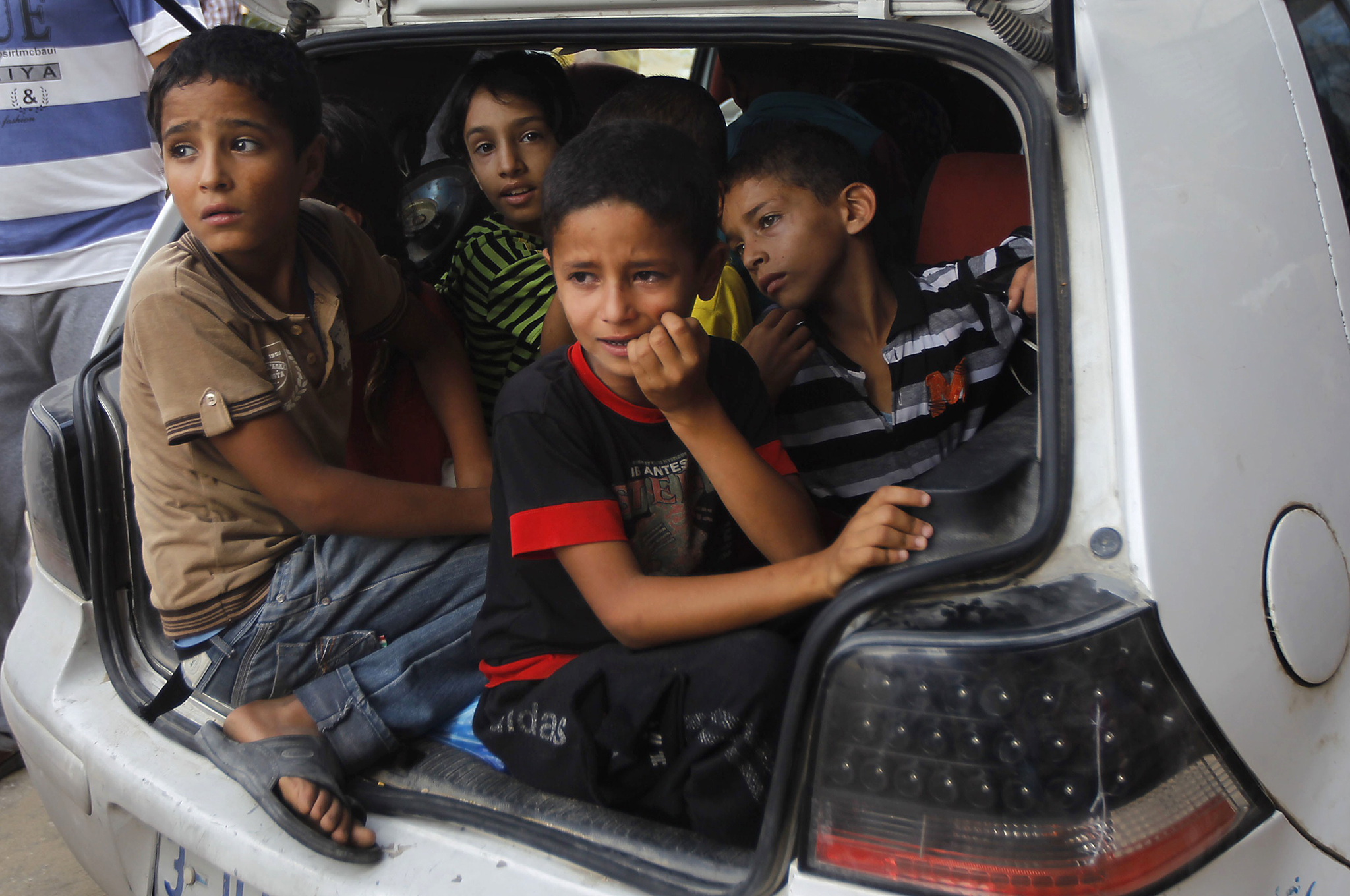The triumph of hysteria and misinformation
Social media is awash with a polarised stream of comments about Israel and Gaza

Your support helps us to tell the story
From reproductive rights to climate change to Big Tech, The Independent is on the ground when the story is developing. Whether it's investigating the financials of Elon Musk's pro-Trump PAC or producing our latest documentary, 'The A Word', which shines a light on the American women fighting for reproductive rights, we know how important it is to parse out the facts from the messaging.
At such a critical moment in US history, we need reporters on the ground. Your donation allows us to keep sending journalists to speak to both sides of the story.
The Independent is trusted by Americans across the entire political spectrum. And unlike many other quality news outlets, we choose not to lock Americans out of our reporting and analysis with paywalls. We believe quality journalism should be available to everyone, paid for by those who can afford it.
Your support makes all the difference.The current crisis in Israel and Gaza has shaken up talk on social media like nothing else I can remember. An overarchingly polarised stream of comments fills up the day. Shockingly, some of this falls into spiteful invective from both sides. Overtly racist hashtags have been prominent on Twitter during the past few weeks. A friend of mine deleted someone from her friends list after he posted: “Hitler was right – he should have finished them all off.” Is this the effect of social media on real life – that it’s made it OK to be openly, hatefully racist?
Whilst the current crisis has brought this atmosphere to a peak, it’s a similar story whenever social media users discuss crucial issues. Now, social media is amazing, and I love it. I’m an enthusiastic user and it’s generally marvellous. However, it does allow hysteria and misinformation to spread at a rate of knots – often at the risk of the real story - and for hatred to go unchallenged under the guise of free speech.
Social media doesn’t exist in a vacuum, so this is what’s now happening in real life. We’re losing our ability to distinguish fact from fiction, along with our ability to listen to different views without hurling abuse in response. Many of us decide whether to protest or support something based on what we read on social media. But that’s not a good idea because online we tend to argue in soundbites. We share inflammatory posts without investigating the facts for ourselves. We prefer to take a side and stick to it, no matter what counter-arguments are presented. Attempts at considered debate are often shouted down. Two situations I saw this week: one person making a hate-filled yet snappy statement was left unchallenged, whilst someone else trying to understand a different point of view got a stream of abuse. Neither of these is going to set us on the course for world peace, is it?
Facebook and Twitter have had wonderful effects on the real world. Look at how Twitter helped cancer patient Stephen Sutton raise millions for charity before his death. Or how thousands of people have found old and new friends and romances.
So let’s forget the histrionics and the hatred and the rhetoric. In times of crisis, we need that sense of open conversation and open humanity on social media.
Join our commenting forum
Join thought-provoking conversations, follow other Independent readers and see their replies
Comments